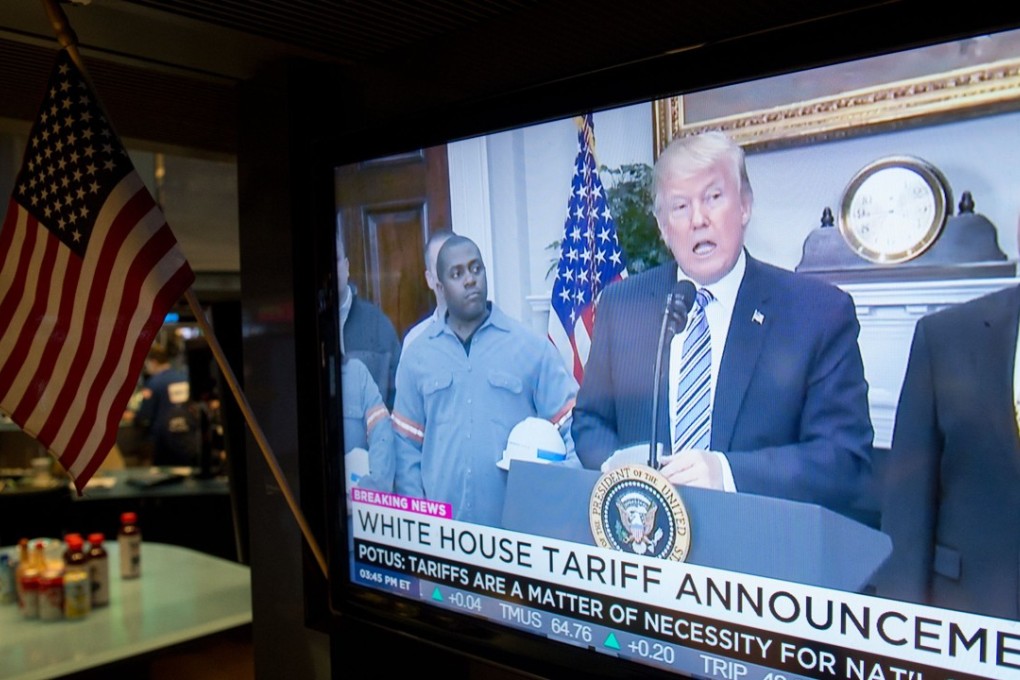Beijing must still focus on trade as partners despite Trump tariffs
Rise of US hardliners in the wake of Cohn resignation needs to be resisted to avert a damaging commercial confrontation that no one can win

President Donald Trump has gone ahead with sweeping tariffs on steel and aluminium imports that invite swift retaliation from the EU and other producers, with China having warned Washington it is ready to respond and that in the end “you will only hurt others and yourself”. This brings the threat of a devastating trade war a step closer, amid growing doubts about the net dividend in American jobs saved and created, and alienation of America’s friends.
In damage control introduced at the last minute after intense foreign lobbying of administration officials, the White House granted an immediate exemption from the tariffs for Canada and Mexico, US partners in the North American Free Trade Agreement, and opened the way for close security partners such as Australia to negotiate for exemptions.
Ominously, the outcome of the tariff debate in Washington has resulted in the resignation of Trump’s top economic adviser and key voice in the White House for free trade, former Goldman Sachs executive Gary Cohn, leaving hardliners to dictate trade policy towards China.
Angry opponents of across-the-board tariffs among leaders of Trump’s own party, including House of Representatives speaker Paul Ryan, have lost a champion of their cause and now fear unintended consequences. But that is scant comfort for China, with Ryan saying there is dumping of overcapacity steel and aluminium, particularly by China, which calls for more surgical and targeted measures. China directly supplies less than 3 per cent of US steel imports, but its output is also transhipped there in manufactured goods from other importing countries.
Now it is largely down to influential Republicans to convince protectionists that far from safeguarding US jobs, higher prices for steel and aluminium users will destroy more jobs than they will create as well as risk painful retaliation from China and the EU.